CHS430
ICU Pneumonia Detection in Minutes
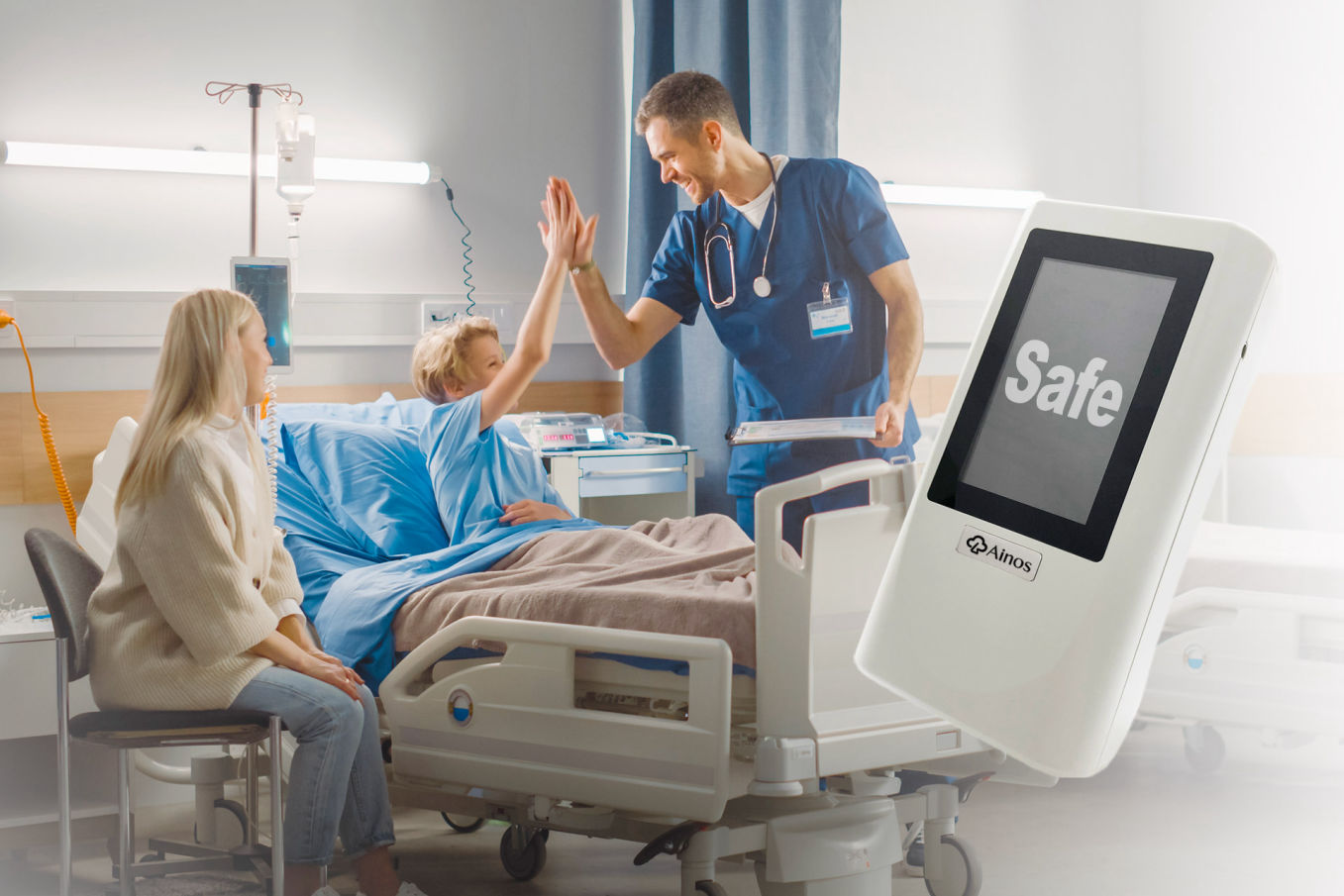

CHS430 detects ventilator-associated pneumonia (VAP)
in 10 minutes or less.
Through rapid testing, CHS430 identifies early signs of VAP and alert specialists
in the critical window before complications arise.

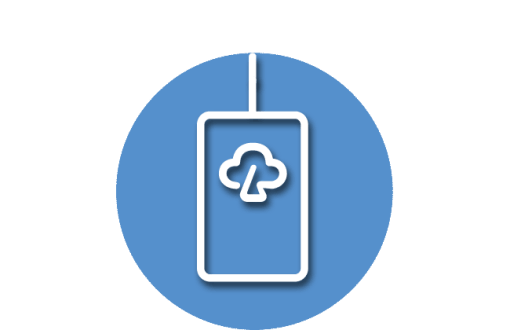
CHS430 intakes
breath of intubated
patient

Pathogens are identified in 10 minutes

Doctors prescribe correct antibiotic
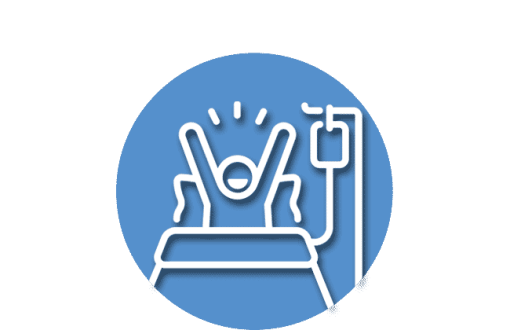
Better patient outcomes
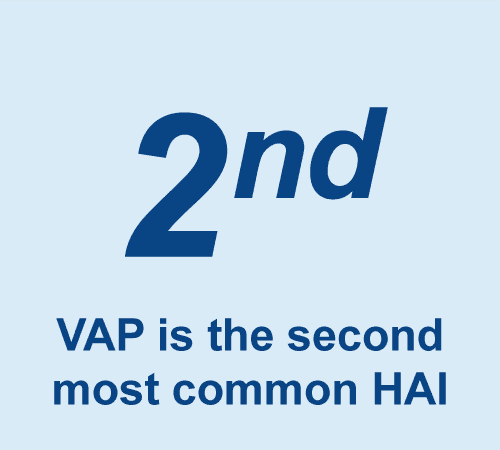
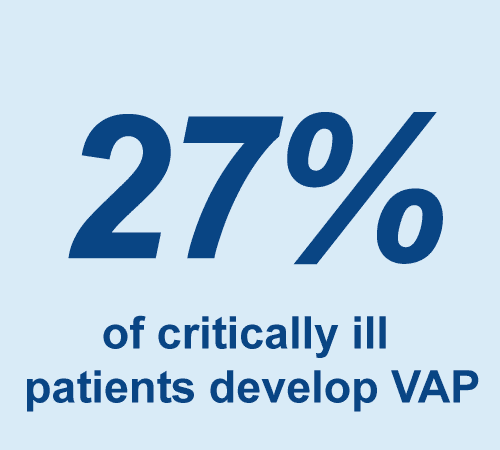
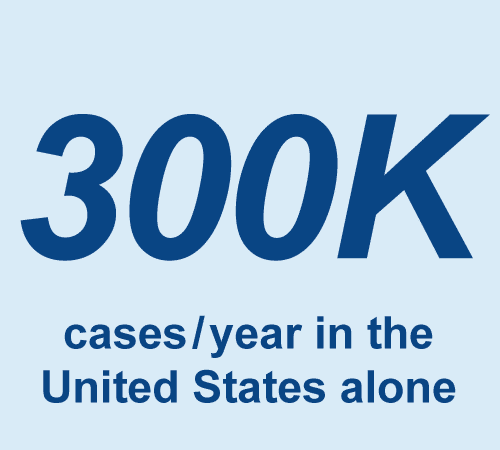
Treating VAP requires the right antibiotic for the right strain at the right time. Any mistakes result in patient harm. Early detection reduces the risk of mortality or disease metastasis.
Yet, traditional methods of detection are slow, inconclusive, or invasive.
CHS430 connects to the y-connector of the respirator
and detects pathogens within minutes.

Early trials and studies have shown over 80% recognition rates of VAP.
Ainos aims to remove VAP from the top 10 causes of death in critical care situations.